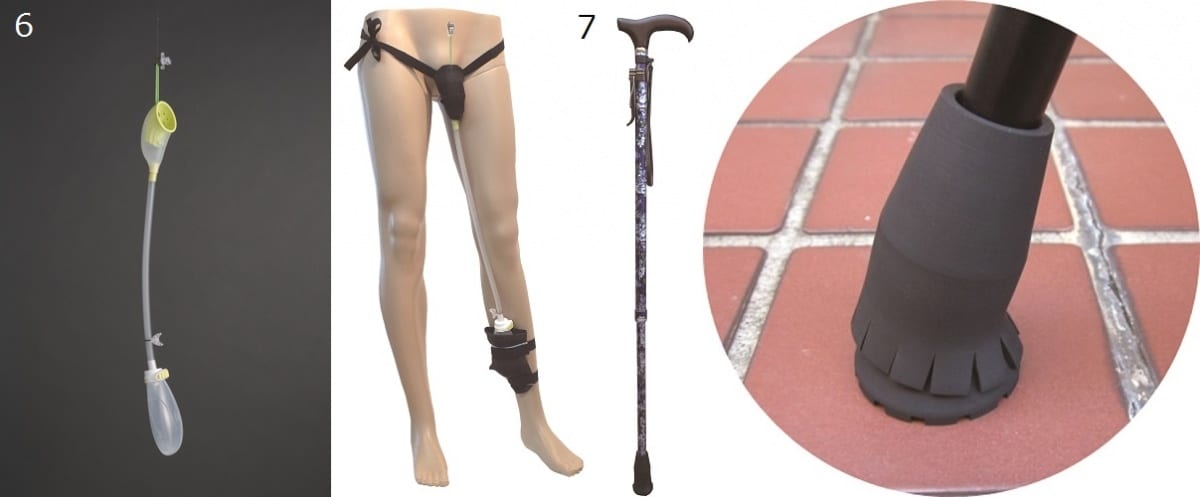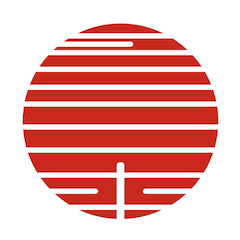A Japanese Home is a (Small) Sanctuary
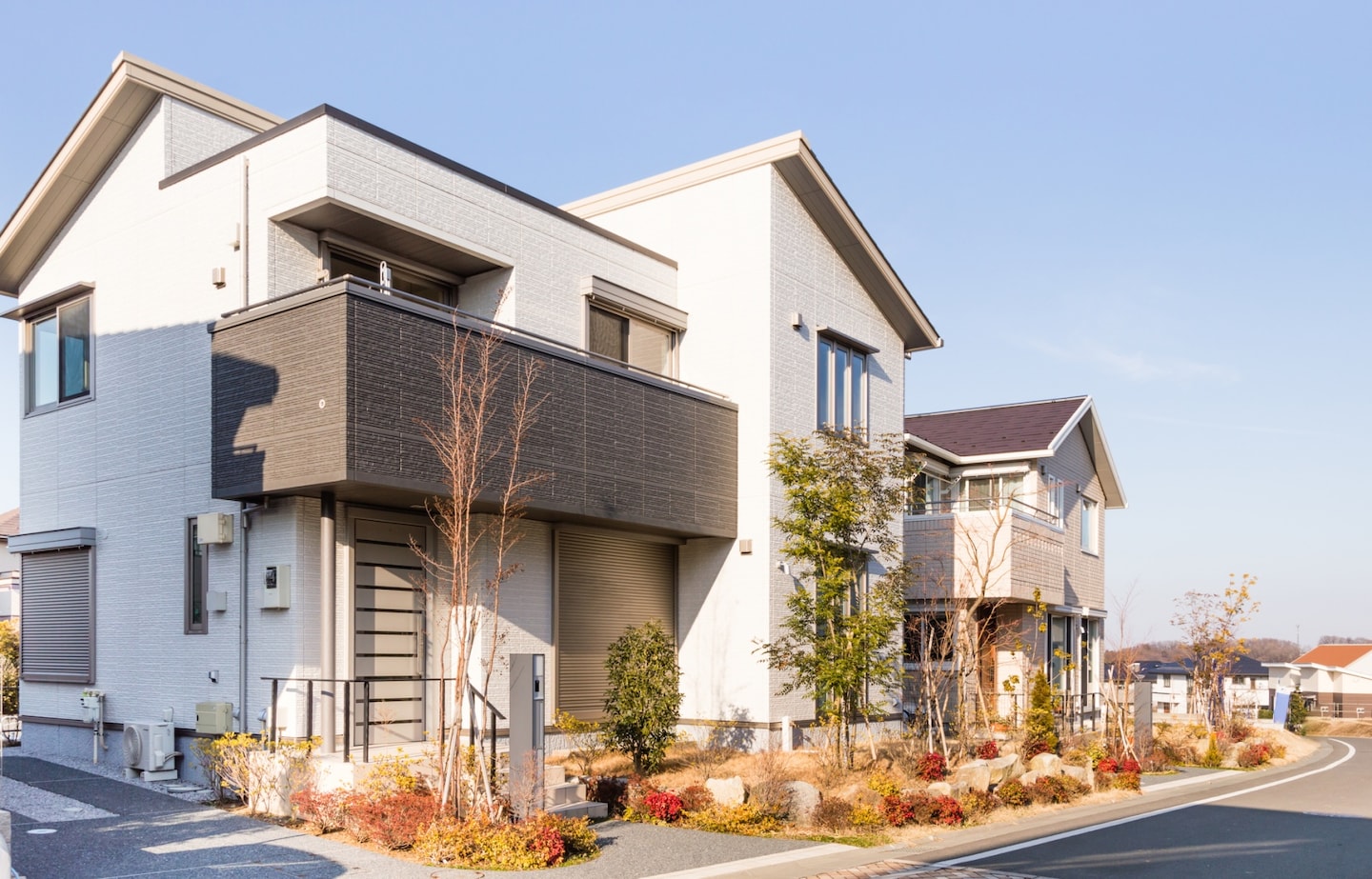
Unlike the common Western concept of a home as a place for gatherings, a Japanese home is more of a private sanctuary. Your home is a comfortable place that will likely only be seen by people who are extremely close to you—and probably too small to host more than a handful of guests at a time.
By 100 JAPAN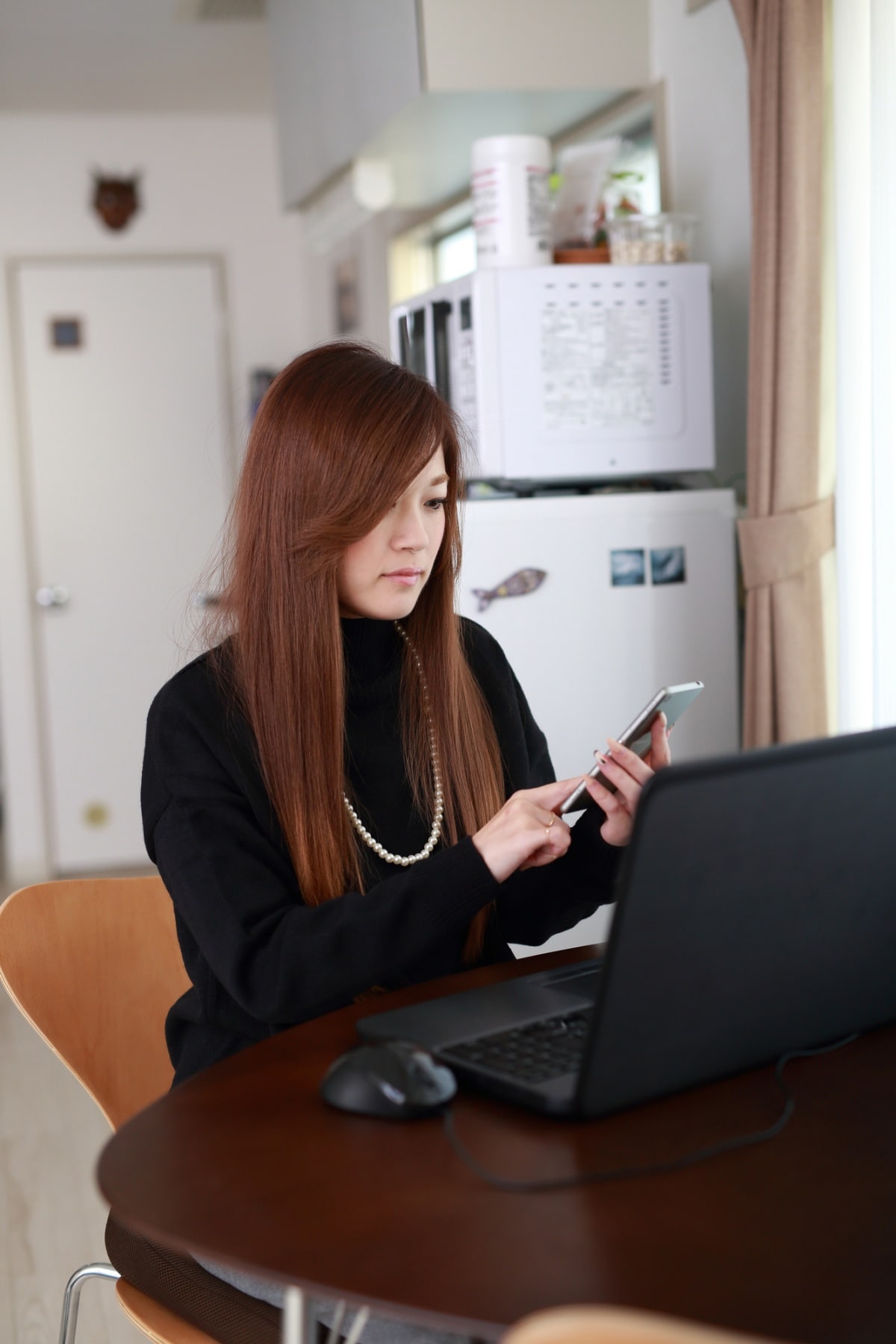
Your home is the place where you get to be you, and you don’t have to worry about how anyone will judge you based on what you wear or what you're interested in. It should be comfortable, but it’s also a little private.
In many aspects of Japanese society, extending from the home to social groups, there’s a strong concept of uchi (inside) and soto (outside), with the uchi group being your comfort zone. And uchi, incidentally, is a synonym for "home."
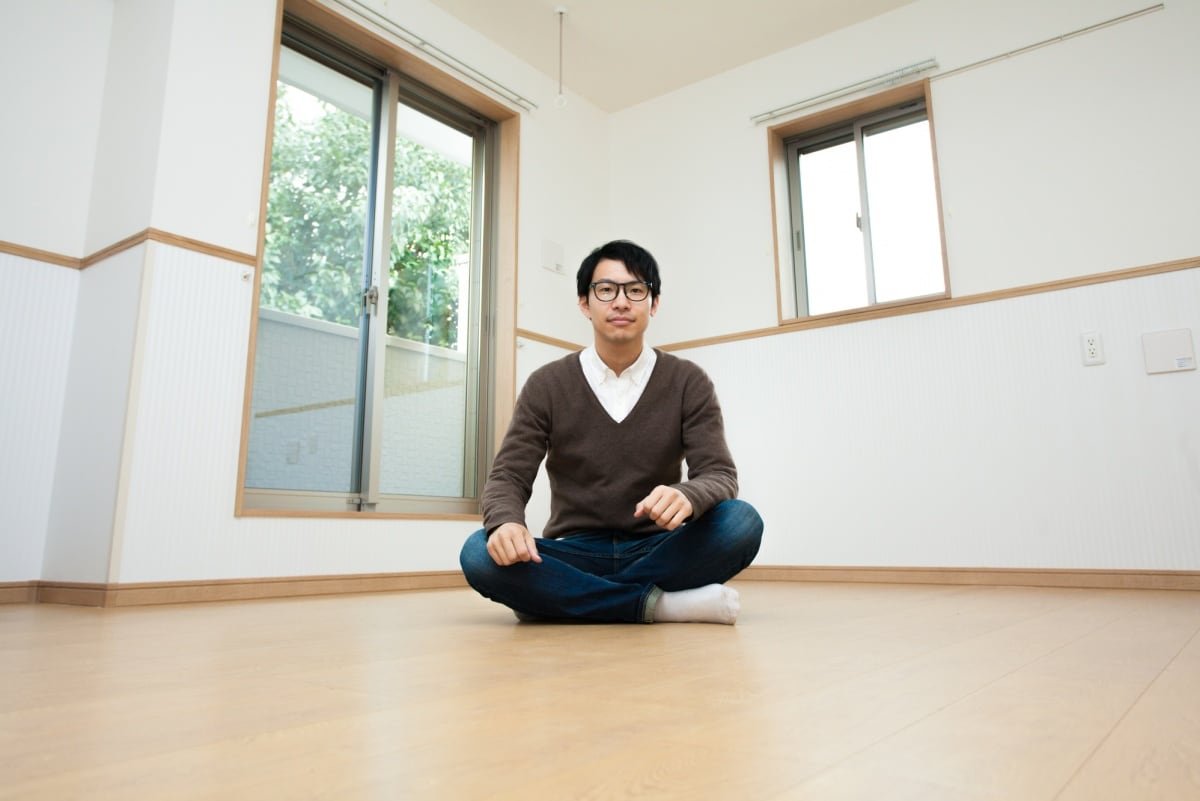
The uchi/soto distinction is reflected in a number of ways, including in the language. Different expressions are used to refer to your own family—or your own company—as opposed to members of another family or company.
For example, your own mother is haha, a humble term. Someone else’s mother, however, is the more honorific okaa-san. Your own father is chichi; another person’s father is oto-san. Your own wife is tsuma; someone else's is oku-san. While it's true that modern-day people tend to default to the honorific terms in both situations, it's still considered most polite to create a distinction.
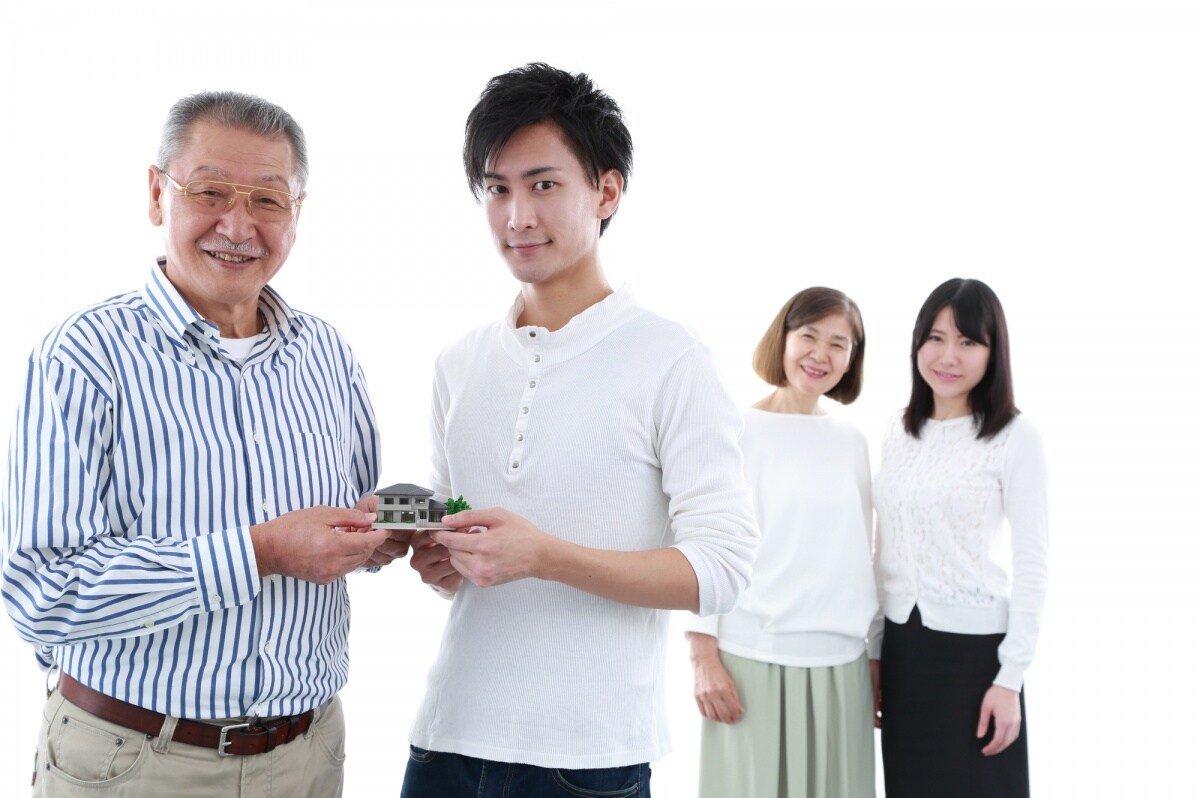
On the other hand, while you may humble your own family before others, within the family there's a strong sense of duty to your elders (that's not to say Japanese families argue any less than any other family, of course!). But there remains a strong tradition of filial duty, and rather than all children going off to establish their lives on their own, the eldest son is typically expected to both inherit the household property and take responsibility for his parents in their old age.
When a young family builds its own house (builds, not buys—old houses are typically torn down), an annex is prepared for the son’s parents to live in, keeping them close at hand. A Japanese household will frequently be home to three generations, with children, parents and grandparents all living in the same building and caring for one another.
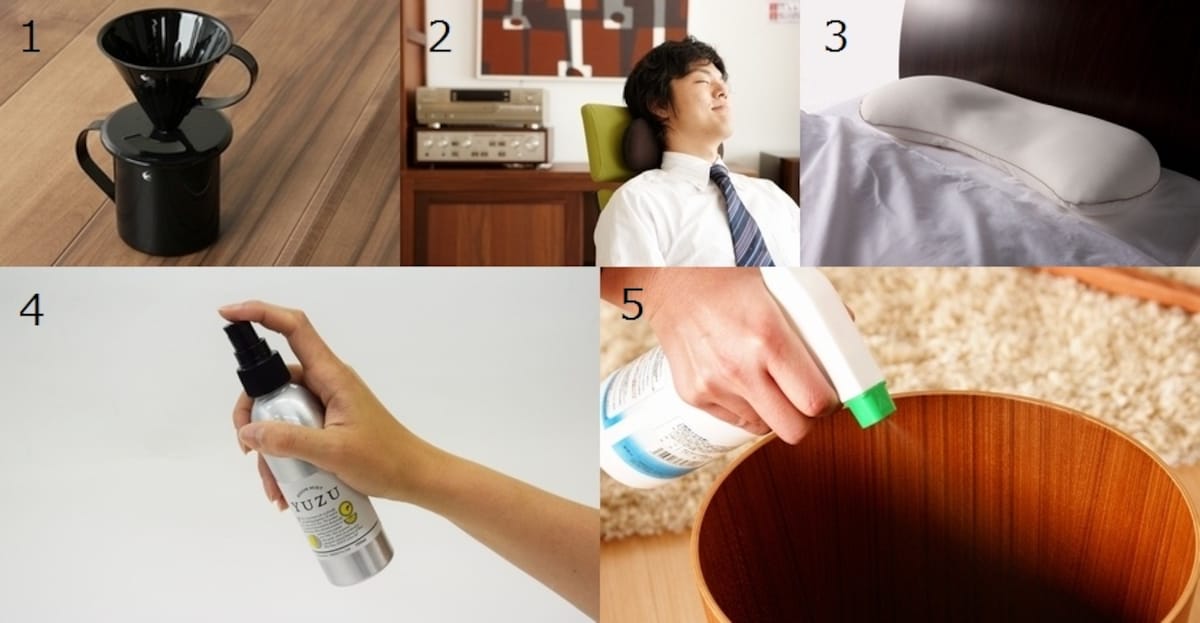
It's no surprise people in Japan like to make sure their homes are as comfortable as they can be—and that all the people in them, young and old, are as comfortable as they can be. Here are a few products from Japan that can help!
1. Stainless steel enamel mug & coffee dripper (Made in Japan) (TOIRO CO., LTD.)
2. KM01 Mobile Pillow (Kitamura Japan)
3. KM03 Makura Pillow (Kitamura Japan)
4. YUZU deodorant room mist (BIKEN Co.,Ltd.)
5. The deodorizer for Sick House Syndrome (Made in Japan) (TOIRO CO., LTD.)
6. Urinary Incontinence Device for men Mr.Urinar/AS-URI010 (with supporters) (AILET CORPORATION)
7. Comfortable spring stick rubber RAKOON/Comfortable spring stick RAKOON STICK (AILET CORPORATION)


